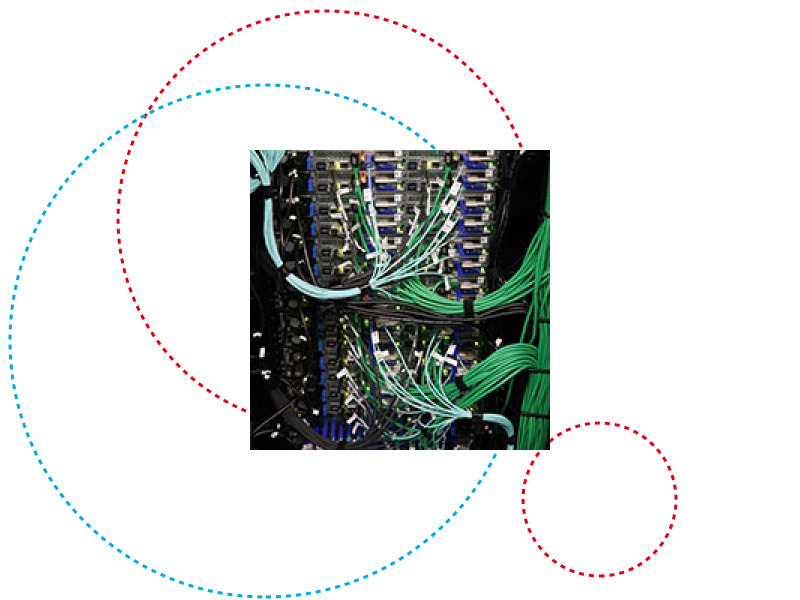The University of Luxembourg has entered service agreements with Luxembourg-based companies ArcelorMittal and CERATIZIT.
For the first time, this contract will give access to commercial companies to the University’s supercomputing capacities. Initially, the projects will run for a duration of one year.
“The service contracts have three main pillars: The companies are granted computing time in our High-Performance Computing (HPC) facilities, they can store the project-related data on our systems, and they have access to our HPC expert group.” explains Prof. Pascal Bouvry, leading the University High Performance Computing service.
At the University, the HPC capabilities are gaining importance as a tool for research and teaching activities enabled by a large investment in hardware equipment. With storage capacities of over 10 PetaBytes and a computing capacity of 1 PetaFlops, the University boasts one of the most potent supercomputing infrastructures in the country. While mostly reserved for research, it allocates up to ten percent of its HPC capacities for projects of external partners.

ArcelorMittal, the world’s leading steel and mining company, will use the supercomputer to perform numerical analyses of fire events in buildings. “The research center of Esch-sur-Alzette will use the supercomputer to conduct numerical simulations in the context of a European Research Project related to the characterisation of fire spread in open large-floor buildings. Computational Fluid Dynamics (CFD) simulations will allow for a realistic perception of the complex phenomenon of smoke and heat transport from fires. The ultimate aim of the project is to improve the efficiency of structures in fire scenarios as well as enhancing safety. ArcelorMittal constantly invests to remain at the forefront of digitalization and Global Research and Development will extend the use of supercomputer to other numerical applications.” explains Marion Charlier, Research Engineer in charge of Fire Engineering projects.
The CERATIZIT Group, a high-tech engineering group specialised in tooling and hard material technologies, will use its computing time to perform virtual prototyping of some of its key products through numerical simulation. The supercomputing capacity offered by the University will allow a more efficient usage of CERATIZIT’s most advanced numerical models. “This will enable us exploring a wider range of solutions and ultimately delivering better performing products to our clients. Virtual prototyping, Data Science and other computationally-intensive technologies are and will be key aspects in our continuous race to innovation. The high-quality resources of the University will accelerate the conversion of our expertise in added value for our products,” says Dr. Gabriele Pozzetti, Project Manager at CERATIZIT.
